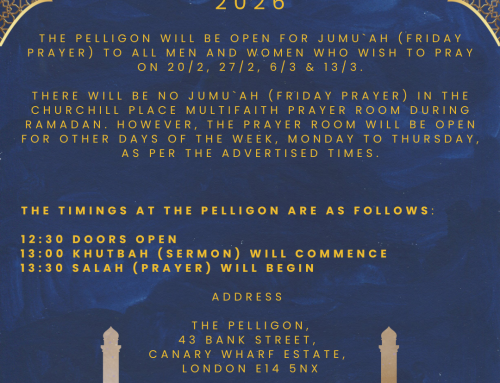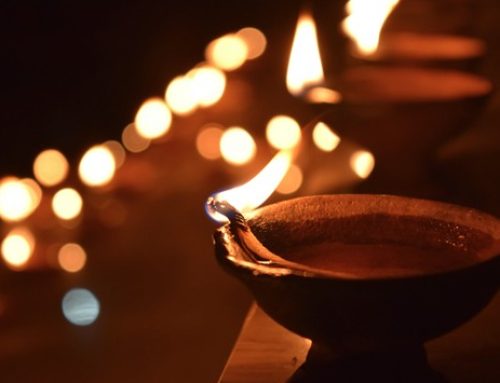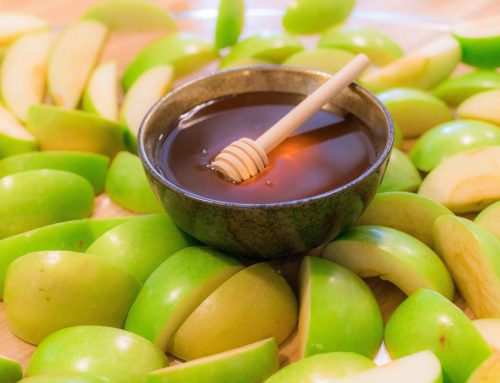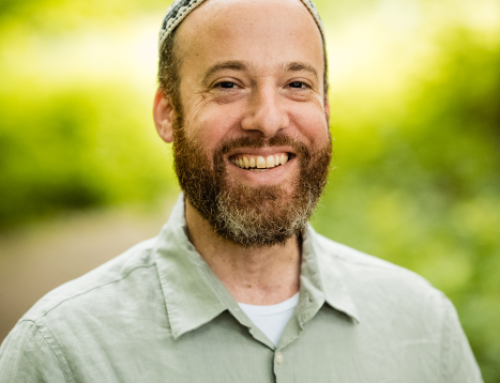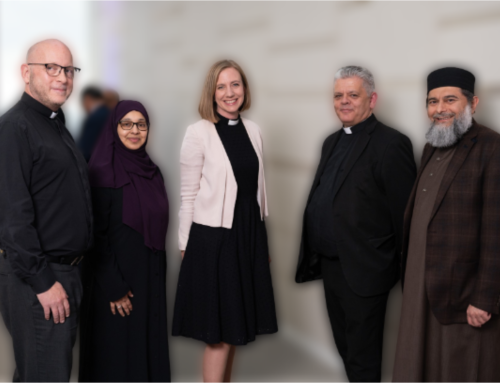
The festival of Chanukah recalls the triumph of the Maccabees, a small band of Jewish fighters around the year 200 BC, against the mighty Seleucid army of King Antiochus IV who ruled over Judea at that time. Antiochus imposed laws on the Jewish population to undermine their faith and defiled the Temple in Jerusalem by smashing the holy vessels and sacrificing a pig to Zeus on the Temple altar.
A battle ensued and against all odds, the plucky Maccabees were victorious, rededicated the Temple, and relit the menorah – the holy candelabra. Its lights were lit with holy oil which the Seleucid army had defiled. Only one small cruse remained which contained enough oil to last one day. Yet miraculously it lasted for eight days, giving time to produce more holy oil. We celebrate these miracles by lighting our own candelabras on each of the eight nights of Chanukah, increasing the number of candles each time.
Life for Jews in Judea seemed impossible as the cruel laws aimed to undermine their religious integrity. Yet this was the ultimate story of faith over fate, and of hope over despair.
While we work hard to build a life for ourselves and our loved ones filled with blessings of success, serenity and happiness, our life experiences can often be painful and disappointing. Hope and faith in a better future do not imply that we should force a smile when we are suffering, or feign joy when times are hard. Hope is not merely a dream. Hope demands of us to never despair, never give in to fate, and never look back at what might have been. While emotional honesty dictates that we must genuinely feel our pain, we must also accept the responsibility that we are the authors of our own future. As the story of Chanukah teaches, a small candle of hope pushes away the darkness of despair.

